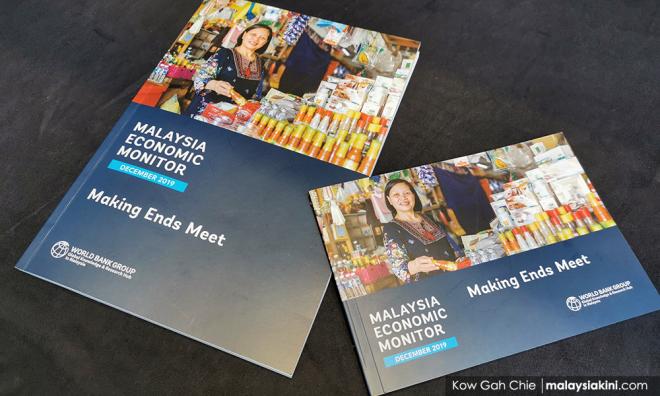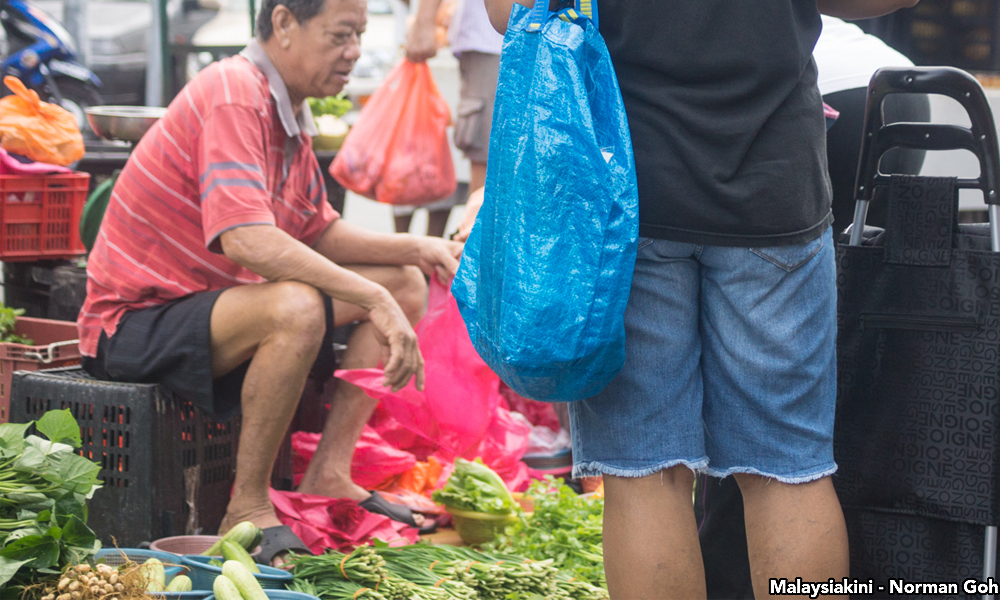
A World Bank report released today showed that 40 percent of millennials in Malaysia spend beyond their means due to impulsive buying behaviour, easy access to personal loans and credit card financing.
Dubbed "Malaysia Economic Monitor: Making Ends Meet", the semi-annual report pointed out that seamless online purchasing is also making the situation worse for them.
Millennials who face such problems have the desire to achieve instant gratification, the report said.
"About 40 percent of millennials admitted to spending more than they can afford, while 70 percent expressed dissatisfaction with their current income," it said.
The report also cited a survey conducted in 2015 that showed 14 percent of the millennials have poor financial knowledge, and 58 percent with moderate financial knowledge.
The annual increase of wages for millennials aged between 20 and 29 is recorded at 2.4 percent as compared with 3.9 percent for the working group aged between 40 and 49.
The report also said about 40 percent of their consumption is spent on food at home and food away from home.
The report showed that working millennials are also hit by income stagnation.
"The gap increase of monthly absolute earnings between these two groups has been more pronounced, more than doubling from RM529 in 2004 to RM1,197 in 2016," said the report.
"This signifies a growing wage divide and wage stagnation for the youths," it said.
Similarly, the report pointed out that the lower income group and civil servants have a heavy debt load and face a high debt service ratio (DSR) for housing and car loans.
Citing a Bank Negara survey, the report pointed out that more than 50 percent of the wages of civil servants were used for debt repayment.
"More than 40 percent of borrowers with monthly income less than RM3,000 spend more than 40 percent of the income on debt replayment."
Beside inadequate financial literacy and planning, the report pointed out Malaysians who struggle to make end meet, were impacted by three other factors.
They are geographic differences in living costs, insufficient income and a shortage of affordable housing.
The price of basic goods can vary up to 70 percent in different locations.

The report said food prices in Sabah and Sarawak are not far below that of food prices in Kuala Lumpur, but higher than Penang and in some cases, Selangor.
Spinach is sold RM3.44/kg in Kuala Lumpur, but the price jumps almost double to RM6.05/kg in Sarawak. Brinjal sells for RM5.89/kg in Selangor, RM6.71/kg in Kuala Lumpur and RM7.89/kg in Putrajaya.
Many Malaysians, especially those living in urban areas, feel their income is insufficient to raise their living standard.
Citing various surveys, the report also said Malaysian households, particular lower income households, do not have adequate savings, while 89 percent of workers said their Employee Provident Fund's savings are insufficient.
In her speech earlier, the World Bank country director for Brunei, Malaysia, Philippines and Thailand, Mara K. Warwick said the gap with high income economies is still large and Malaysia's per capita income is about a quarter of the average of high income economies.
Housing affordability has deteriorating, particularly for the households earning below RM5,000 per month. - Mkini



No comments:
Post a Comment
Note: Only a member of this blog may post a comment.